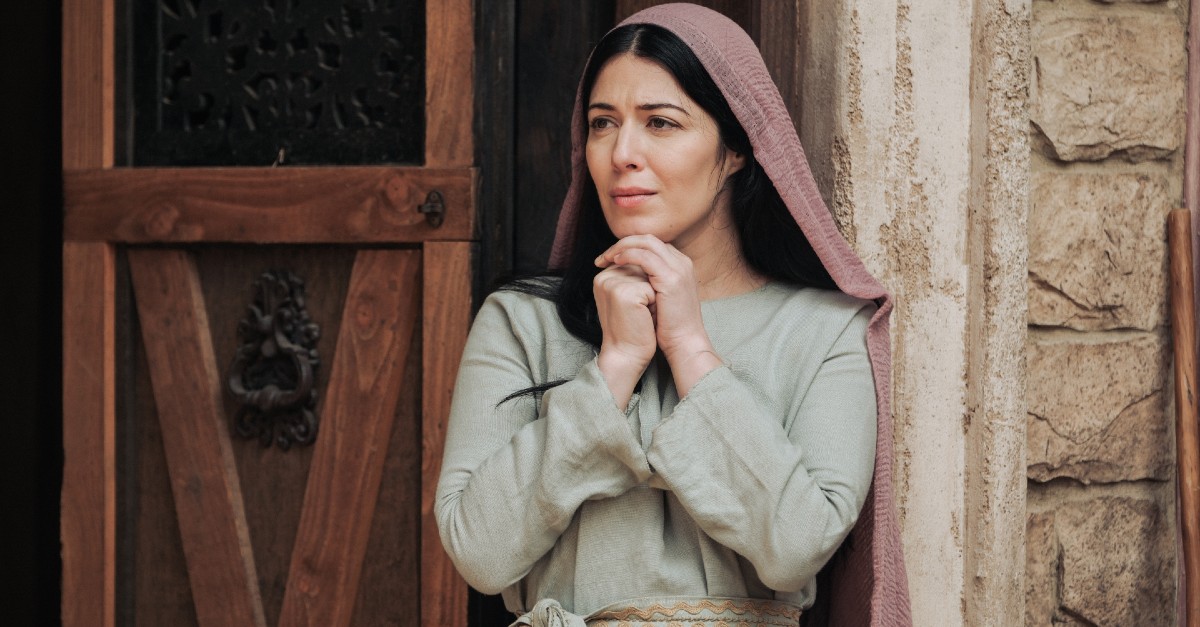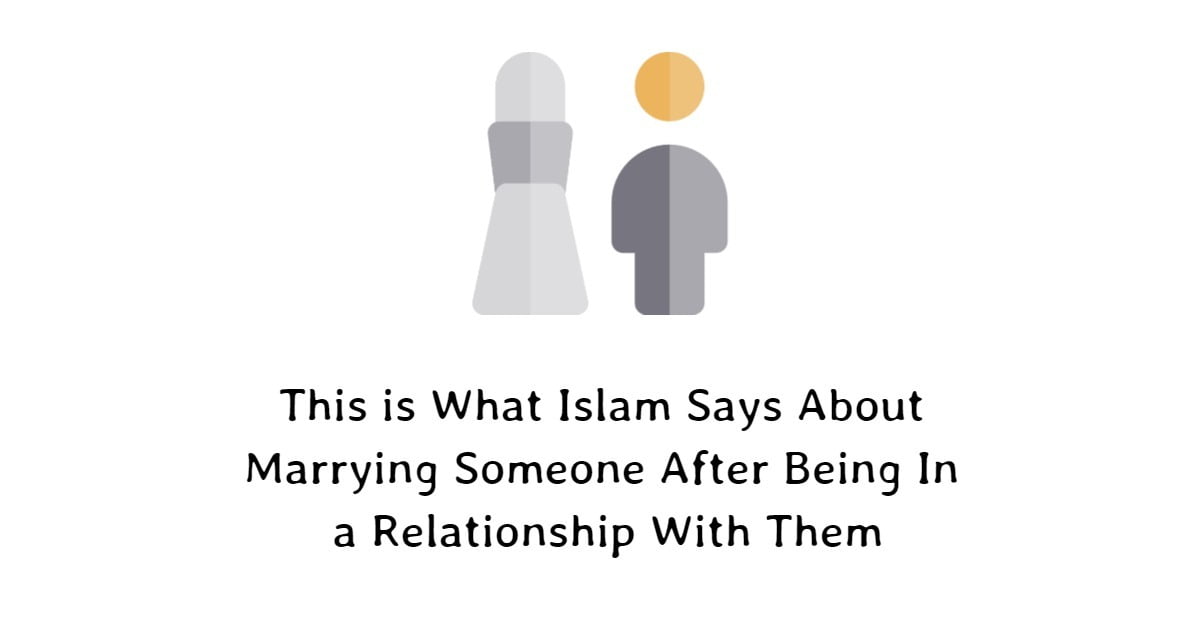Gender Difference Is Real, but Too Complex to Spell Out All the Specifics
A theologian articulates an Augustinian alternative to the reigning perspectives on nature and culture. When asked to define time, Augustine remarked that he knew what it was until someone asked him to define it. One could say the same of the term gender in contemporary debate. Although there is no lack of debate about gender, rarely is the term clearly defined. In his book Gender as Love: A Theological Account of Human Identity, Embodied Desire, and Our Social Worlds, theologian Fellipe do Vale aims to bring greater clarity to the concept of gender. In doing so, he refuses the binary framing that casts it as a matter of either pure biology or pure social construction. Instead, he draws on an Augustinian theology of love to argue that gender refers to a “bundle” of human loves and social goods that shape how we manifest our male and female bodies. Further, do Vale clarifies that affirming the basic reality of gender does not entail affirming an exhaustive and fully cohesive understa

A theologian articulates an Augustinian alternative to the reigning perspectives on nature and culture.

When asked to define time, Augustine remarked that he knew what it was until someone asked him to define it. One could say the same of the term gender in contemporary debate. Although there is no lack of debate about gender, rarely is the term clearly defined.
In his book Gender as Love: A Theological Account of Human Identity, Embodied Desire, and Our Social Worlds, theologian Fellipe do Vale aims to bring greater clarity to the concept of gender. In doing so, he refuses the binary framing that casts it as a matter of either pure biology or pure social construction. Instead, he draws on an Augustinian theology of love to argue that gender refers to a “bundle” of human loves and social goods that shape how we manifest our male and female bodies.
Further, do Vale clarifies that affirming the basic reality of gender does not entail affirming an exhaustive and fully cohesive understanding of it, in part because our knowledge is shaped by our narrative context. That is, our place in the story of creation, fall, redemption, and consummation affects both the lived reality of gender and our capacity to know the fullness of what it signifies.
Between the essentialists and the constructivists
Do Vale’s critique and constructive proposal unfolds in three sections. In the first, he draws on the late theologian John Webster, arguing for a “theologically theological anthropology” that comprehends gender within biblical and theological sources rather than merely building on or reacting to the existing claims of philosophy and sociology. Having laid this foundation, he engages the dominant view of gender today—namely, that we construct it according to personal desires and social conventions rather than inheriting ...
What's Your Reaction?





















![Canva Tutorial For Beginners | How to Use Canva Like PRO [FREE] | Canva Full Course](https://img.youtube.com/vi/yWJp7gQqCQ8/maxresdefault.jpg)
